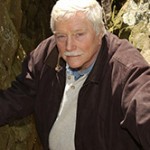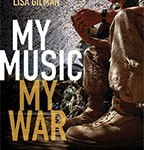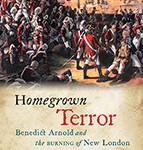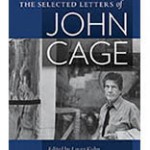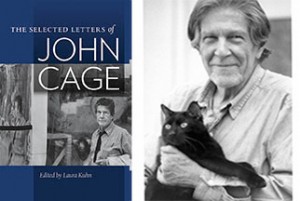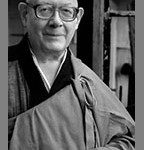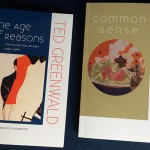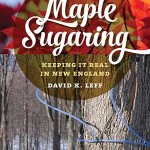“Is it cynical or is it innocent? He has an almost machinic way. But is it utopian? The most progressive of Ted Greenwald’s poems are just that. No, they all are: forward thinking, Sagittarian, and wildly Americanly kind.” –Eileen Myles
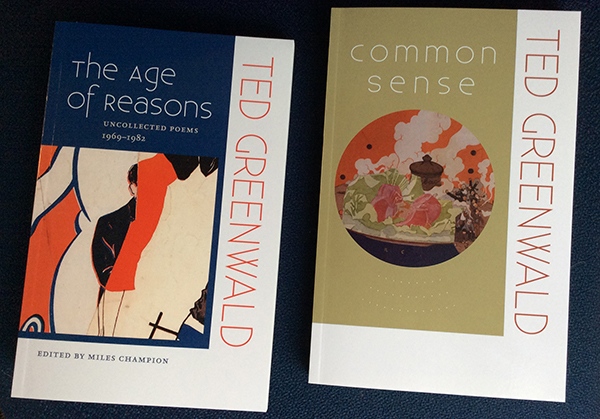
We are pleased to announce the release of two noteworthy books by prolific poet Ted Greenwald! Greenwald’s long career spans six decades and more than 30 books. Based in New York City, he has long been associated with St. Mark’s Poetry Project and founded Poetry Readings at Ear Inn with Charles Bernstein. His work has appeared in Paris Review, Partisan Review, C, Lines, Big Sky, Angel Hair, L=A=N=G=U=A=G=E, Bomb, Adventures in Poetry, The World, Poetry Project Newsletter, nY, and Shiney.
First published in 1978, Common Sense evinces a spare street-wise style rooted in the vernacular of the city. Now something of a cult classic, the book is recognized as an understated masterpiece, pushing at the edges of spoken word. This is the language of everyday, brought onto the page in such a way that we never lose the flow of speech and at the same time we become attuned to its many registers—musical, emotional, ironic. Ted Greenwald’s work has been associated with several major veins of American poetry, including the Language movement and the New York School, but it remains unclassifiable.
A New York-based poet with close ties to the New York School and the Language poets, Ted Greenwald has written daily since the early 1960s. The Age of Reasons includes the best of Greenwald’s uncollected poetry. While some of these poems appeared in literary journals or magazines in the 1970s, none were included in any of his previously published books. These distinct works were written in advance of or alongside the extended explorations of a mutated triolet form that increasingly occupied him from the late 1970s on. Alongside Common Sense (1978), The Age of Reasons evinces Greenwald’s ability to think with his ear, to hear what’s said as it arrives as a fresh sound or shape in his head. This work is singular in its pattern-making, its music-making, and its ability to simultaneously follow multiple paths.
“No poet has taken the idea that poetry should be at least as good as overheard conversation as seriously as Ted Greenwald.” –Publishers Weekly
“Ted Greenwald knows what real American talk sounds like, understands the rhythm and pulse of the language, and knows how to write poems that are built around that knowledge. He is one of America’s most ambitious and provocative poets.” –Terence Winch, Jacket 19
“Ted Greenwald’s poems ‘give voice’ to a variety of New York idioms, and with that, a distinct attitude toward both language and experience. His ultimate strength as a poet is his basic humanity, something that can be claimed for very few.” –Bill Berkson
“I have called Greenwald an ‘urban primitive’ because his work seems to spring from the base materiality of New York streets, the immediacy of enunciation, abrupt demand, tough neighborhoods, shifting milieus, grit and exhaust, flux and flurry. I see him as a genuine original whose method is a unique exploration of common language, utterly without academic pretense.” –Curtis Faville, publisher, L Publications
LAST FIVE MINUTES
The long and the short
Of it is
I have to keep pushing
I feel myself
Pushing against the
Lead-in to beauty
And take a hunch through
With me
Into the halls
Where the everyday
Seems like eternity
There’s no fooling around
About something
As serious
As it is beautiful
There’s no match
For the feeling
That gets there
When I get there
And absolutely no sense
Of duration
And no telling
How everything turns out
April
202 pp., 6 x 9 1/4”
Paper, $17.95 x
978-0-8195-7642-2
eBook, $14.99 Y
978-0-8195-7643-9





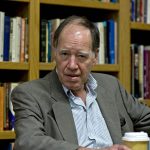

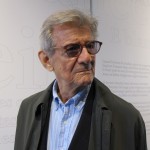
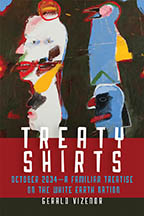
 GERALD VIZENOR is Professor Emeritus of American Studies at the University of California, Berkeley. His novels Shrouds of White Earth and Griever: An American Monkey King in China both won the American Book Award; Griever also received the New York Fiction Collective Award. He is currently writing his sequel to
GERALD VIZENOR is Professor Emeritus of American Studies at the University of California, Berkeley. His novels Shrouds of White Earth and Griever: An American Monkey King in China both won the American Book Award; Griever also received the New York Fiction Collective Award. He is currently writing his sequel to 